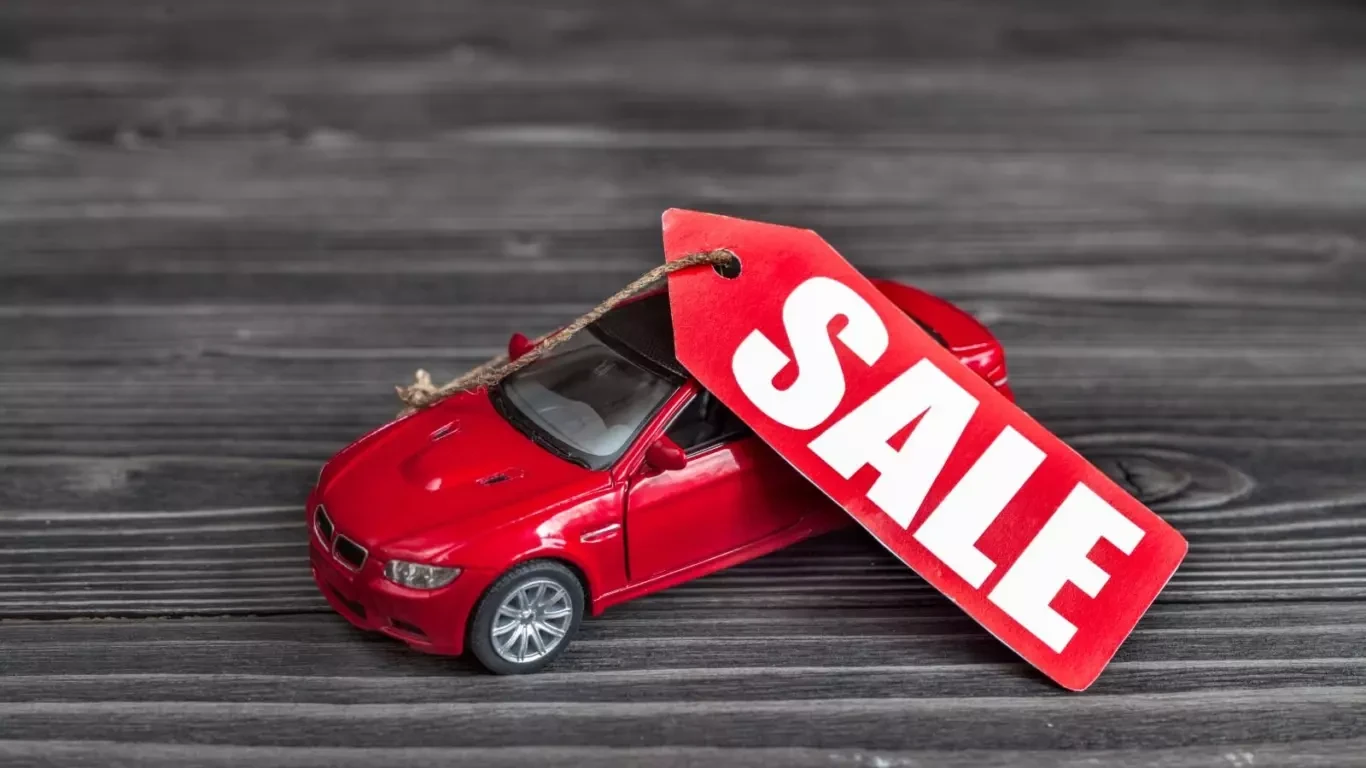How to Choose an Asking Price for Your Car
By Spider15 Editorial Team
14 February 2025
00 mins read

Main sources of evaluation
- It’s worth considering having the car professionally evaluated if it’s rare or worth a lot of money.
- Use valuation guides to help you make as informed a decision as possible.
- Check out the competition to get an idea of what similar cars are selling for. Browse other people’s car ads for the same make and model with a similar trim and price your car competitively.
Factors affecting price
- Mileage: The more miles your car has on the clock, the more its value could be reduced.
- Service records: A full service history gives prospective buyers an idea of how well the car has been looked after. Information such as when the last service was carried out can give them peace of mind.
- Overall condition: Any scratches, bumps or damage to the car that will cost the buyer money to fix will lower the purchase price. Find out what you need to know when selling a damaged car.
- Condition of consumables: Worn consumables including tyres, brake pads and disks will require replacing, which will be an added cost for the buyer.
- Factory fitted features: Extras such as leather seats can increase the appeal and thus, the price.
- Modifications: Consider whether modifications add value to the car, or if it would be more attractive to buyers if you refitted standard parts.
- Latest repairs: New parts or replacements, for example, a new windscreen, can indicate a car has been well looked after, or the car has had an accident. Be prepared to explain the reason behind the repairs.
- Transferable warranties: Warranties could be covered, giving extra peace of mind to the buyer and adding to the car’s appeal and asking price.
- Accident history: Even if the damage is repairable, it could still reduce the car’s value.
- Selling for spares or repair: This usually indicates a car is not road legal and cannot be driven on UK roads. The price should be lower to reflect the high risk to the buyer.
- Time of year and demand: Demand peaks for certain kinds of vehicle depending on the time of year. Sell 4x4s in autumn and convertibles in spring to get the best response and price.
Selecting an asking price
Avoid opting for a round number when choosing your asking price. Although there’s not much in it, £1995 looks like a better deal than £2000. If the buyer is interested in the car, they will try to reduce their offer, so increase the asking price slightly to factor this in.
If the car doesn’t sell
If your car is still not selling, firstly review your advert again. Ask yourself if the angles and quality of the photographs are appropriate. Is the description correct and appealing? Make sure to click on the Gumtree option to promote your ad to help it stand out from the crowd. Have you addressed any factors that could deter potential buyers (e.g. short MOT, damage to the vehicle?)
If you’ve done all of the above, you may need to review the asking price. If you do decide to reduce the price, state you have done so in the description, but avoid changing the asking price regularly.
 English
English  Khmer
Khmer 
Comments
No comments yet.
Welcome for the first comment! Click here to load more!Please log in to post a comment